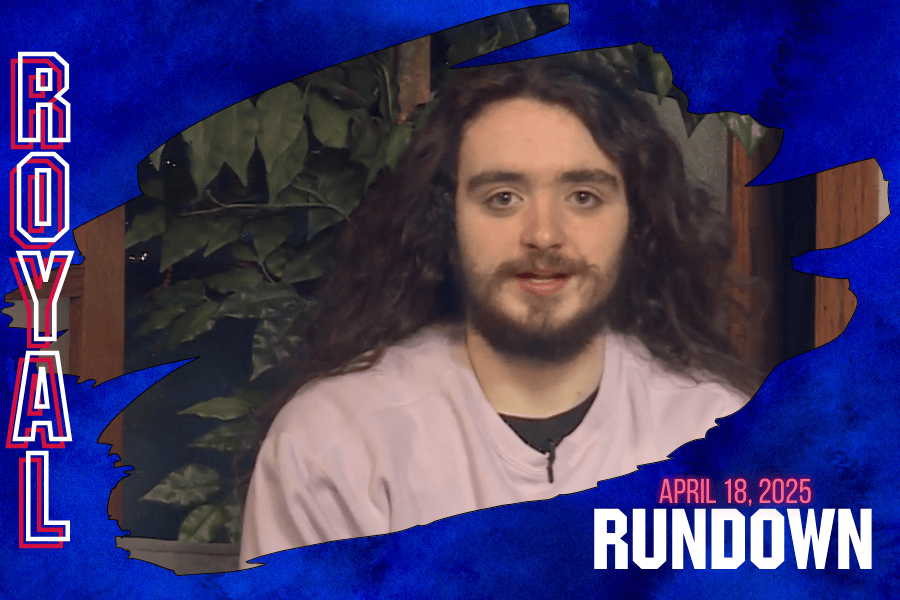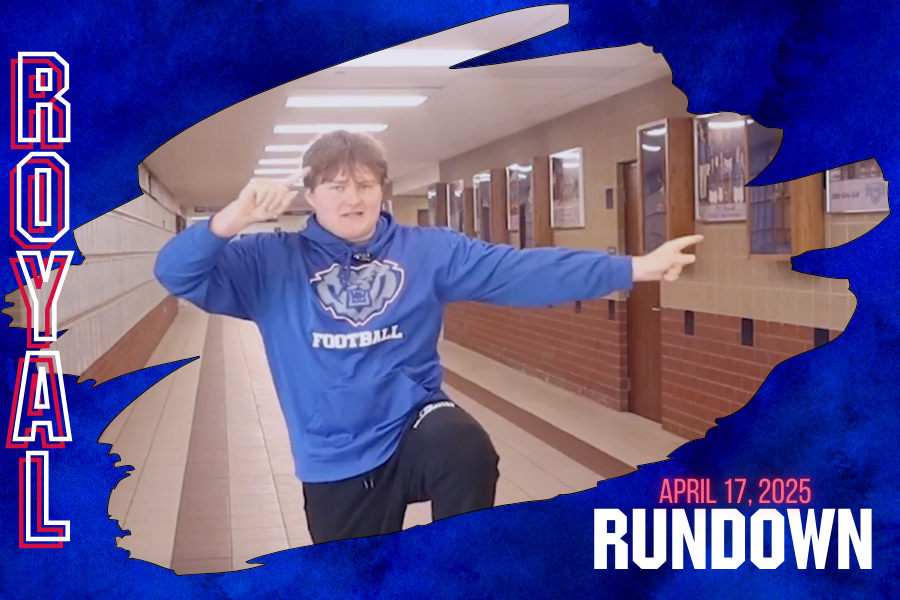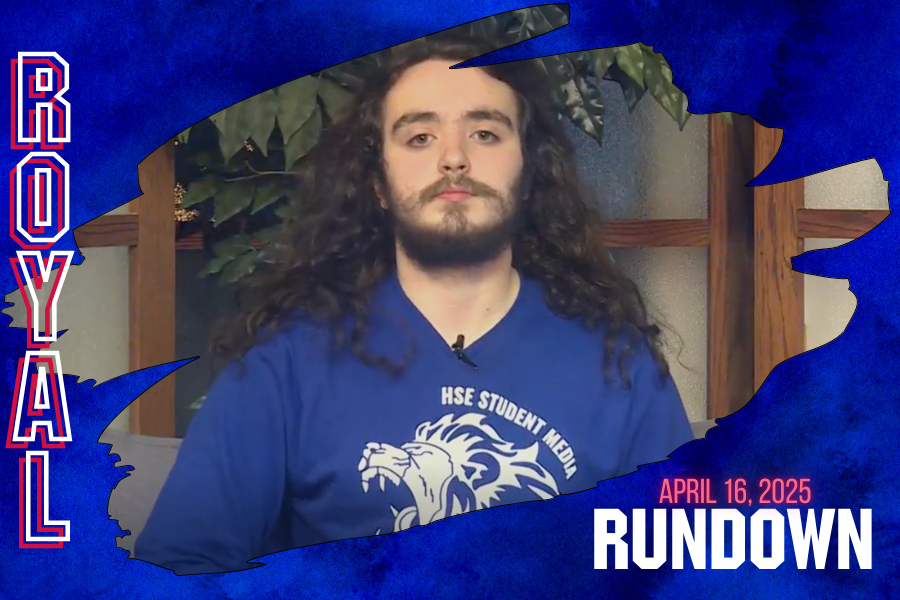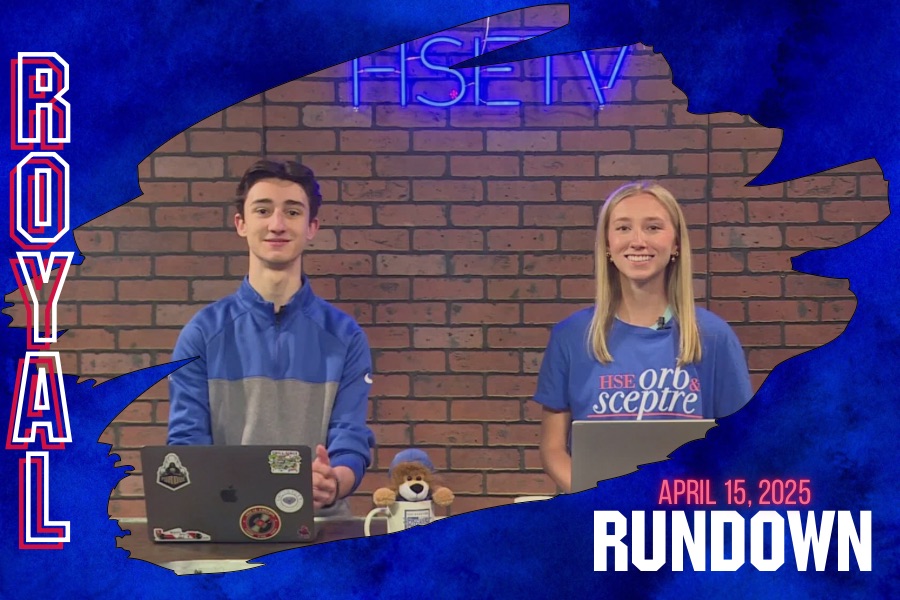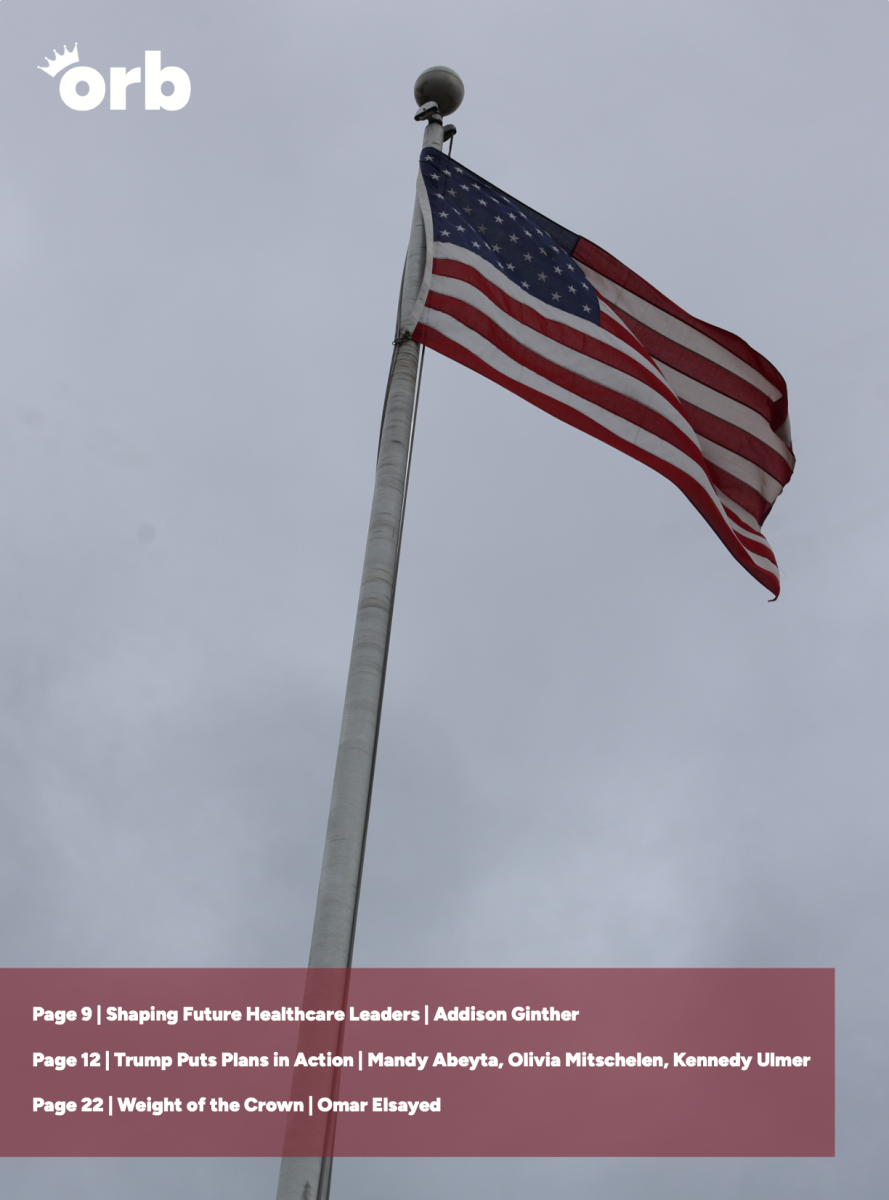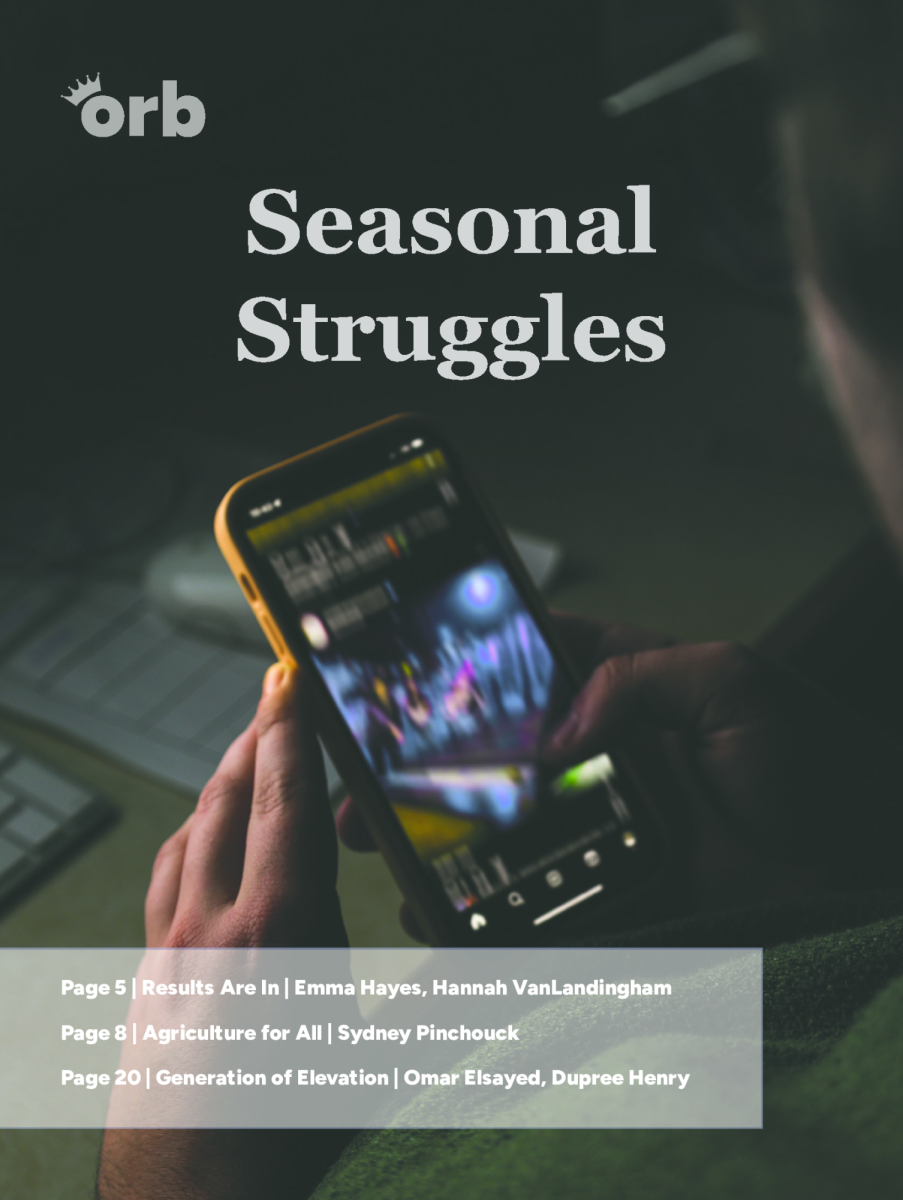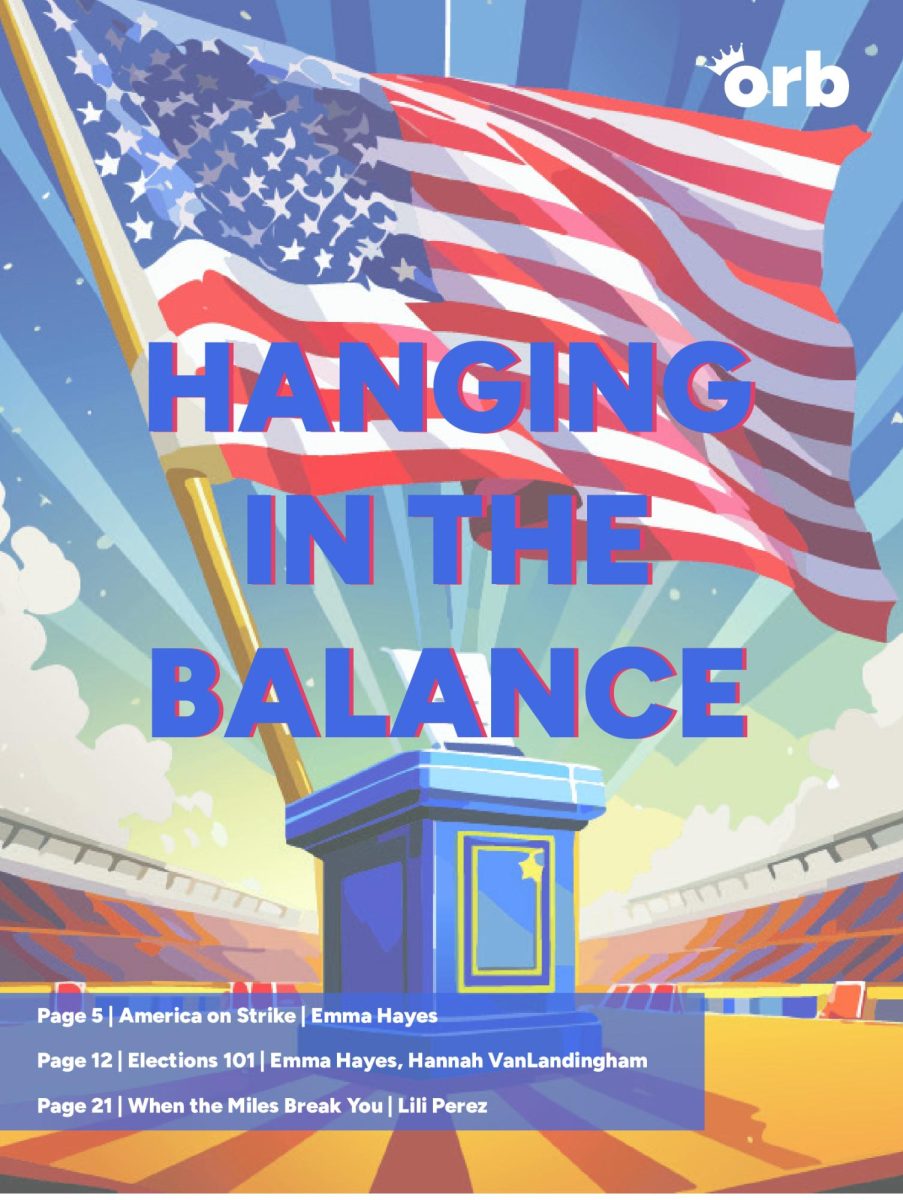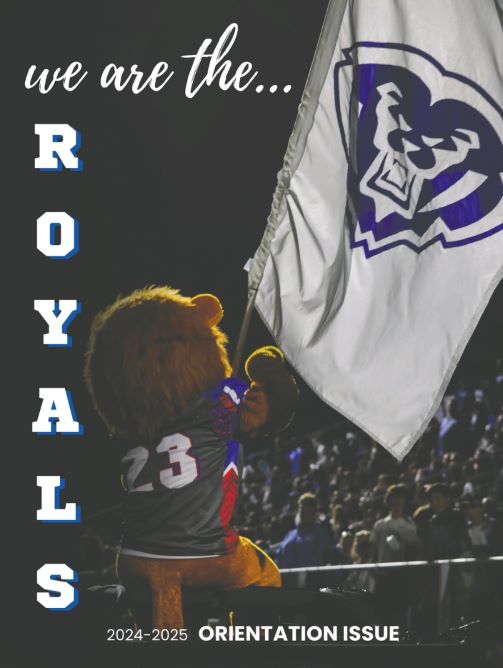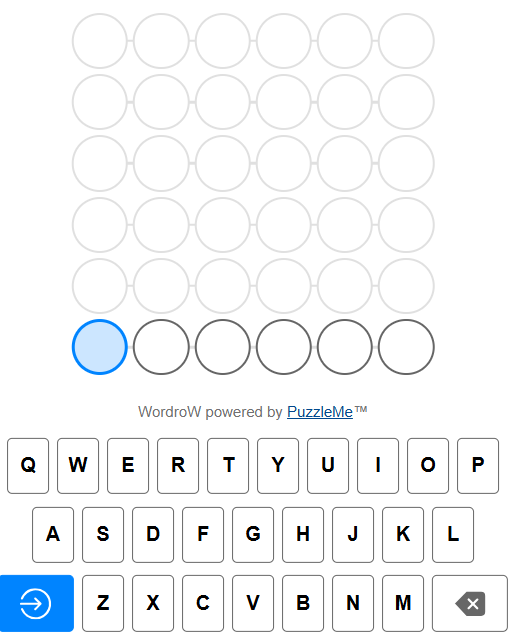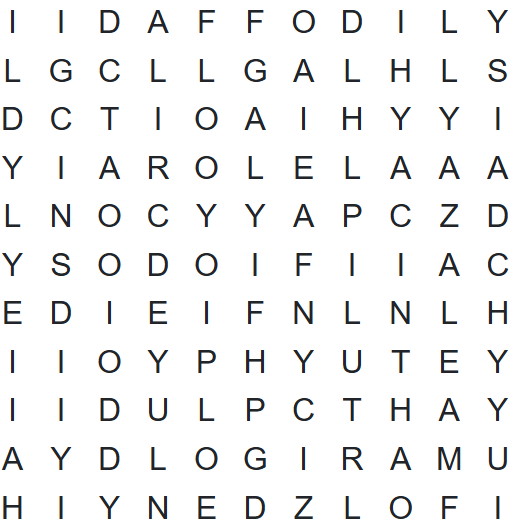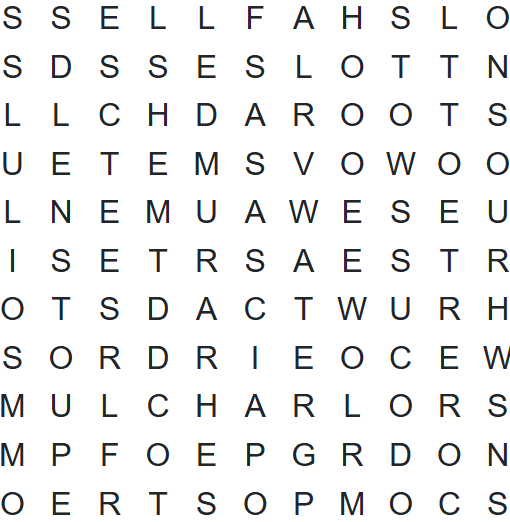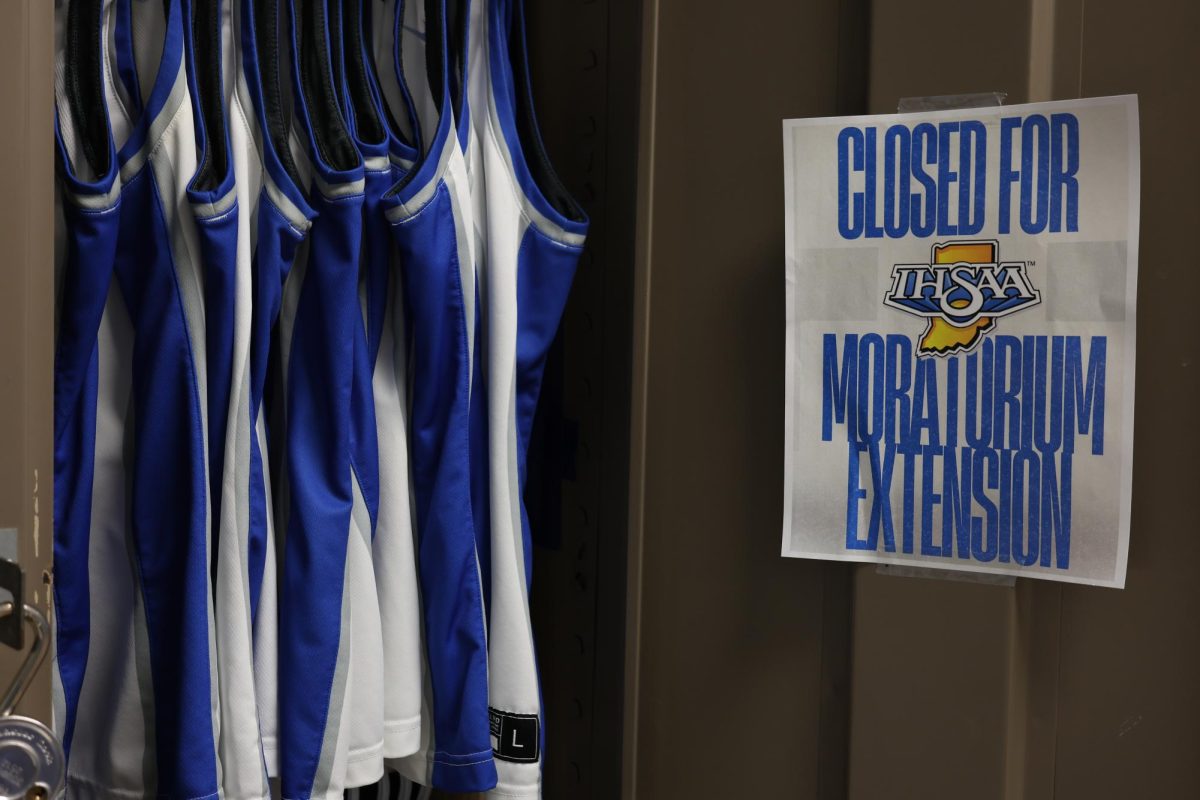The Indiana High School Athletic Association (IHSAA) has announced an extension to the summer moratorium period, giving student-athletes additional days off. The IHSAA Moratorium is defined as a mandatory time during which no official sports-related activities, like practices or conditioning, can take place. This ensures that students have a break from their demanding schedules.
Traditionally, the moratorium week runs from June 29 to July 6. Now, according to Athletic Director Drew Tower, five additional Fridays, June 20, June 27, July 11, July 18, and July 25, will also be off-limits for organized sports. This extension was mainly driven by student input.
“I’m fine with it. It was driven by kids, for kids,” Athletic Director Jim Self said. “My understanding is that the IHSAA has a student leadership group made up of student-athletes, and they really pushed for more time off.”
For smaller schools, this change could be even more impactful.
“In smaller schools, kids might play two or three sports all summer,” Self said. “And [they] never get much of a break.”
To give schools flexibility, the IHSAA allowed them to determine how to implement these extra days.
“With the extra five days, we asked our coaches and athletes how they wanted to use them,” Self said. “Would they rather extend the Fourth of July break, or just have long weekends? The majority preferred long weekends, giving them Friday, Saturday, and Sunday off.”
Opinions on the extension vary, particularly among fall athletes who balance summer training with the need for rest. Some believe the extension is beneficial for fall sports, as it allows athletes a much-needed break from nonstop conditioning over the summer. However, others could argue that summer conditioning is essential for fall sport tryouts, and the additional week off might disrupt athletes’ rhythm and preparation.
“Yes, I think it’s a good break so athletes can take a break from the coaches and just train with the team.” sophomore swimmer Anissa Lammie said.
However, other fall athletes express mixed feelings.
“I both like and dislike the moratorium week extension,” junior soccer player Mia Libich said. “On one side, it lets players rest more. On the other side, it’s another week of training you’re losing.”
Coaches also have differing perspectives on how best to distribute the extra days.
“If it were up to me, I’d probably give kids the five days off right before fall sports start so families could take a vacation,” Self said. “…But that’s tricky for fall sports like volleyball or soccer.”
Overall, the expanded moratorium seeks to strike a balance between high-level competition and genuine downtime. As Self said, “I’m old enough to remember when summers felt like summers—kids had time to work, go to the county fair, and take family vacations. There’s a part of me that believes less is more.”















